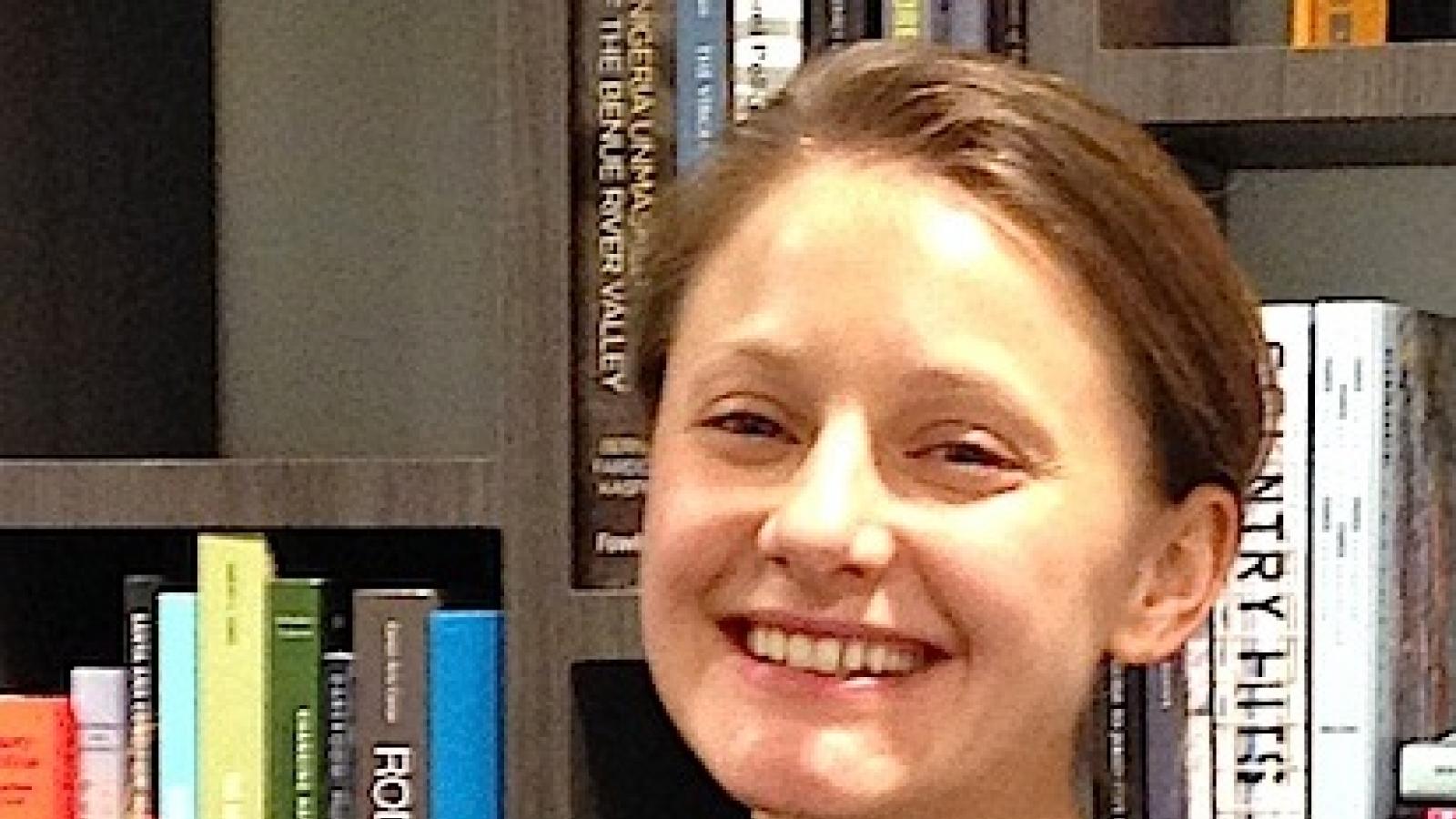A Love Letter to Poetry Out Loud

I learned to read from my neighbor, Mrs. Chastain. My swing set backed up against her flower garden, and we became friends after I “borrowed” one of her red tulips. My mother dragged me to Mrs. Chastain’s front door and asked me to apologize. I stood there terrified, eyes on my sandals, tulip limp in my left hand. I mumbled the only explanation I could manage, “I think this one was already broken.” Mrs. Chastain smiled and invited me inside to see her home, full of books, record albums, newspapers, and best of all, one very large cookie jar.
I visited Mrs. Chastain almost every day that summer. She read aloud to me and introduced me to Madame Butterfly and Masterpiece Theatre. At the end of every visit, I stood on the brick hearth in her formal living room and recited a text from memory. Often it was a poem, sometimes a famous speech, and even once, a “particularly well-written” obituary she tore from the local paper. At the time, I didn’t register this activity as educational. I simply enjoyed the challenge of memorization and the pleasure of hearing the words tumble from my lips.
More than twenty-five years later, as an intern for the National Endowment for the Arts, I attended my first Poetry Out Loud (POL) competition. I'd only worked at the Arts Endowment three months, and I admit to being skeptical about the program's premise—teenagers reciting poems without notes to an audience of peers and complete strangers? No way.
Well, there's nothing more fitting than eating your own words about a recitation contest. As soon as the first competitor walked on stage and delivered her poem flawlessly, I realized my error. These high school students were nothing short of incredible, and watching them reminded me of the joy I found in recitation as a child. That first experience was all it took. I was smitten with POL.
With each POL competition I witness—the count’s up to seven--my belief in the power of public poetry recitation grows. On paper, poems can be inscrutable, but spoken aloud, they are illuminated and made new. When students internalize their poems and return them to the world through recitation, they circulate wisdom and demonstrate great courage. They become teachers, and, if we listen closely, we will learn something from each poem we hear.
POL changes individual lives, but it also reaches beyond the classroom and the stage to connect participants with their local arts community. I recently visited the Nevada state finals in Reno, where competitors were invited to hear the Reno Symphony Orchestra. For many, it was their first experience with live, classical music. Before the performance began, the symphony’s executive director acknowledged the POL students, who were thrilled by the unexpected affirmation and the invitation to join a wider circle―a small gesture with a big impact.
There are countless reasons to love POL. One of the most important is that the program offers all of us the opportunity to be a part of something larger than ourselves, something that goes beyond the act of memorization. It provides an avenue for anyone—students, parents, siblings, arts administrators, teachers, and the public—to connect and celebrate the power of poetry and the students who give voice to it.
Is your state's Poetry Out Loud champion the next Poetry Out Loud National Champion? To find out and cheer on your favorites, join us April 28 and 29 in Washington, DC, at GWU's Lisner Auditorium or online at arts.gov for the Poetry Out Loud National SemiFinals and Finals.




